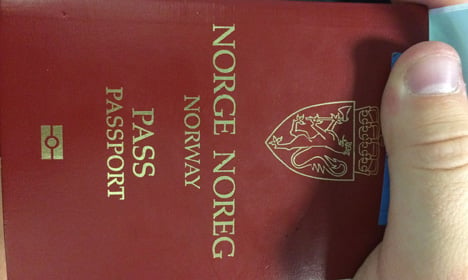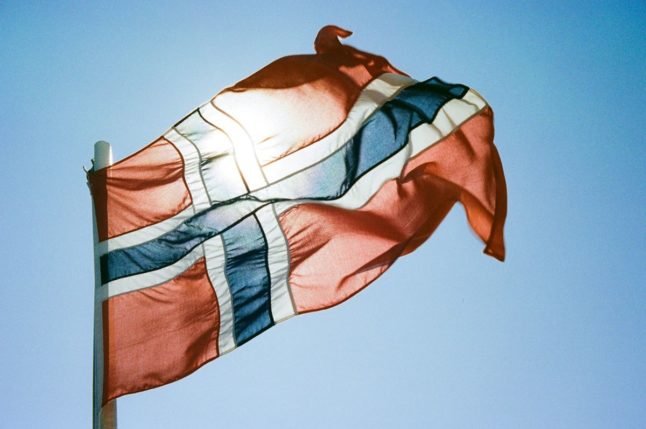NORWEGIAN CITIZENSHIP
Norway moves closer to allowing dual citizenship
The days of foreigners living in Norway having to give up their citizenship in order to become Norwegian may soon be over.
Published: 4 March 2016 11:31 CET

Foreigners living in Norway could be one step closer to getting one of these in their hands. Photo: Wellingtonstravel/Flickr
Norway is the only Nordic country and one of only a small handful of European nations that does not allow dual citizenship but there now appears to be a political majority behind a change in policy.
A parliamentary committee on Thursday formally asked the government to look in to ending Norway’s ban on dual citizenship, which has been criticised as being anachronistic and out of touch with today’s global society.
Sveinung Rotevatn of the Liberals (Venstre), who proposed an end to the ban last summer, said that Norway needs to get with the times especially following Denmark’s recent decision to allow dual citizenship.
See also: 'Now you can truly be global Danes'
“It’s time for Norway to follow suit,” he told VG. “I hope the government quickly comes back to parliament with a proposal to allow [dual citizenship].”
Rotevatn has said that the ban on dual citizenship is a hindrance to integration in a multicultural country.
“It’s important for integration, it will make it possible for foreign immigrants to serve in the military, to take part in all elections and even to play on the Norwegian national football team,” he told broadcaster NRK in July 2015.
Under current law, foreigners living in Norway must renounce their original citizenship in order to become Norwegian while Norwegians living abroad must do the same to become a citizen of their new country.
For most foreigners in Norway, who’ve qualified for permanent resident status, achieving citizenship will mostly mean they can vote in national elections and referenda, and not just in local elections.
Url copied to clipboard!


 Please whitelist us to continue reading.
Please whitelist us to continue reading.
Member comments